In Brief
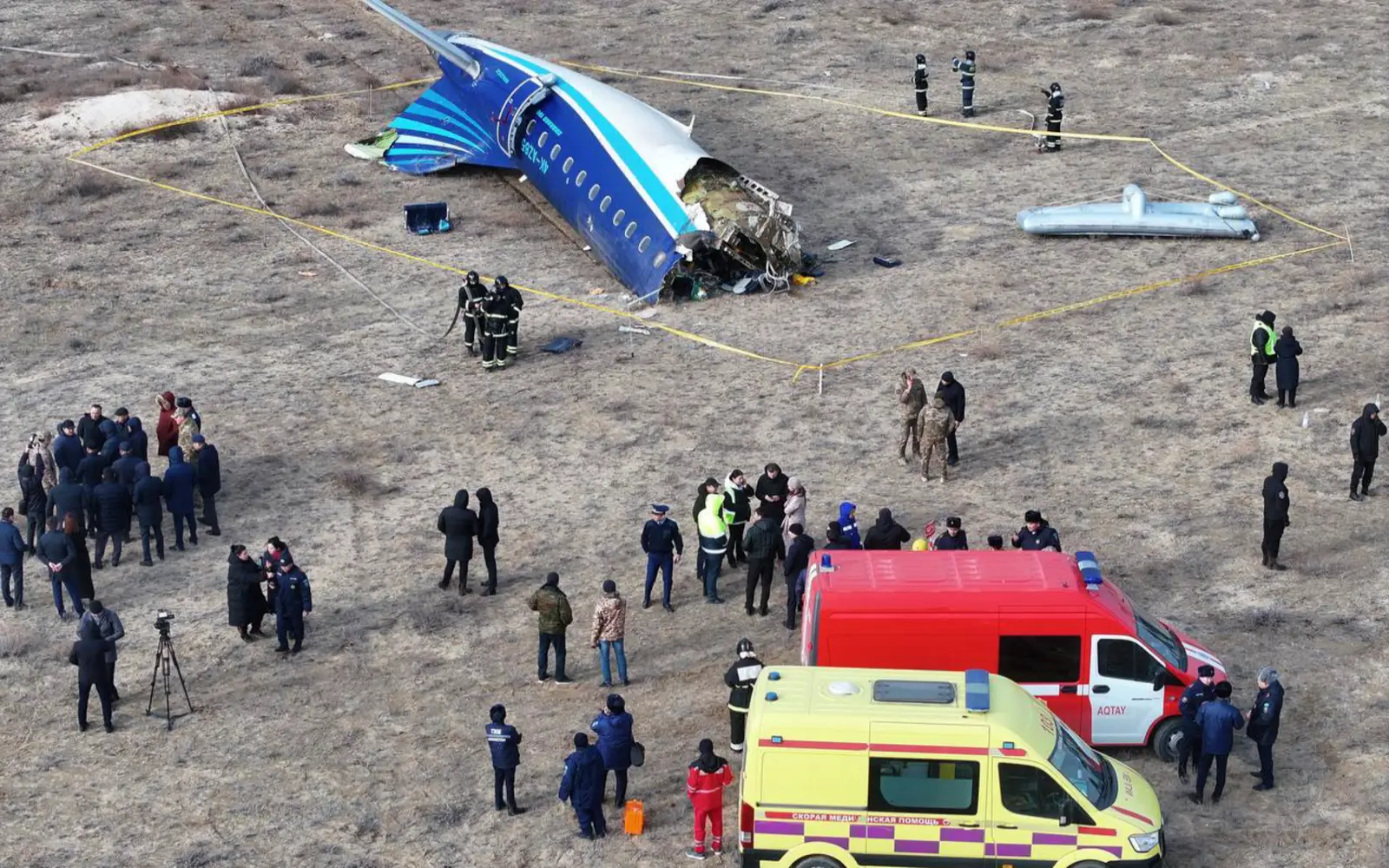
Situation Report
On Christmas Day, a commercial aircraft operated by Azerbaijan Airlines crashed in Russian airspace, resulting in 38 deaths.
President Vladimir Putin conveyed his regrets to Azerbaijani President Ilham Aliyev, calling it a “tragic incident” linked to ongoing Ukrainian drone attacks that prompted Russian air defenses to engage.
The aircraft reportedly came under fire from these defenses as it attempted to land in Chechnya, leading it to divert over the Caspian Sea before crash-landing in Kazakhstan. Survivors reported hearing loud explosions prior to the crash, suggesting possible targeting.
While Azerbaijan has not directly blamed Russia, its transport minister noted that the plane suffered damage from “external interference.” U.S. defense officials have indicated that they believe Russia is responsible for the incident, prompting both nations to initiate investigations.
The downing of the Azerbaijan Airlines flight highlights the precarious nature of air travel in conflict zones, particularly as military operations intensify.
Putin’s expression of regret may be an attempt to mitigate backlash and maintain diplomatic relations with Azerbaijan amidst rising tensions. The acknowledgment of potential external interference raises significant concerns regarding air safety and military accountability.
As investigations unfold, the situation could further strain relations between the two countries, especially if evidence emerges linking Russian military actions directly to the crash.


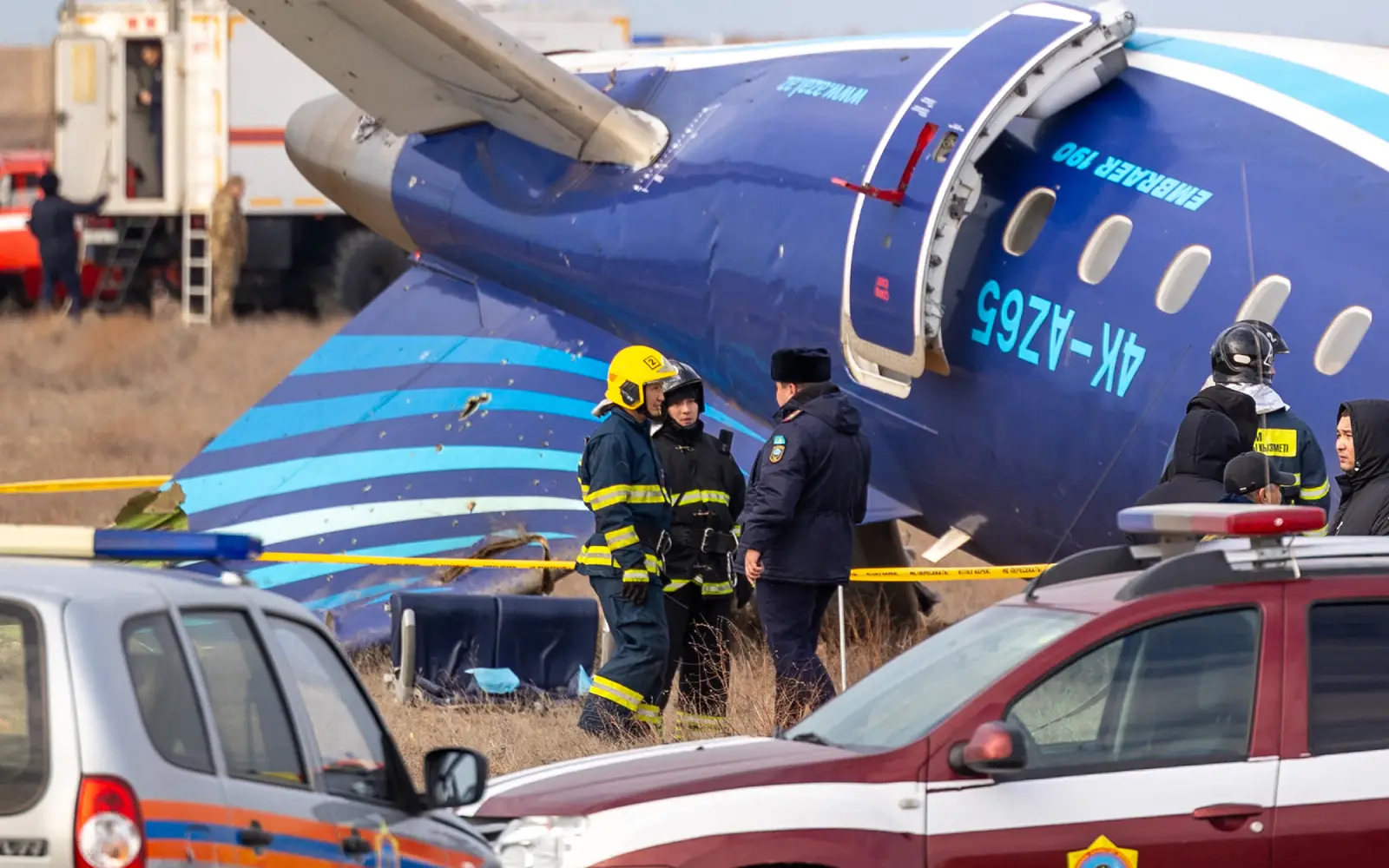

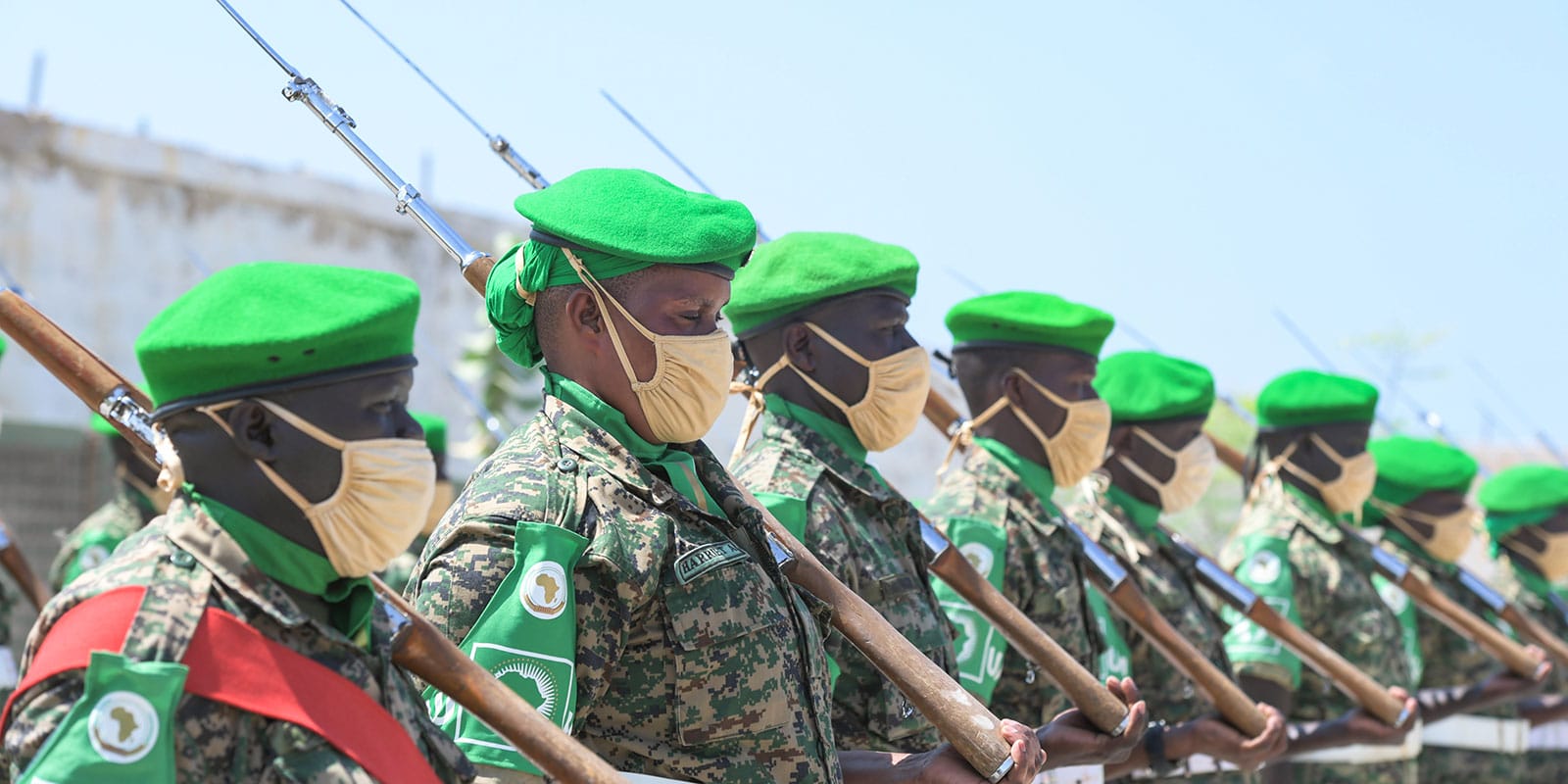
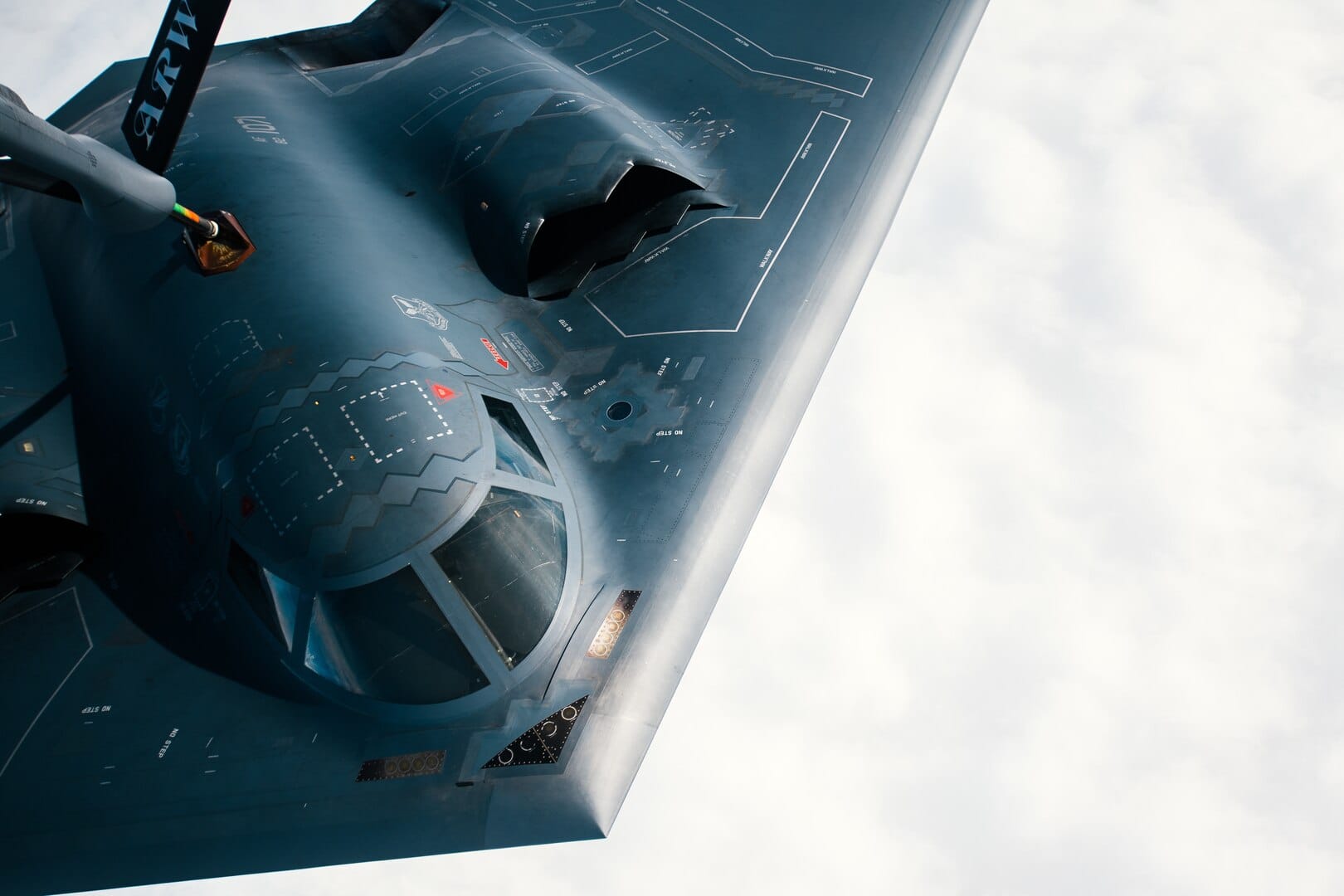


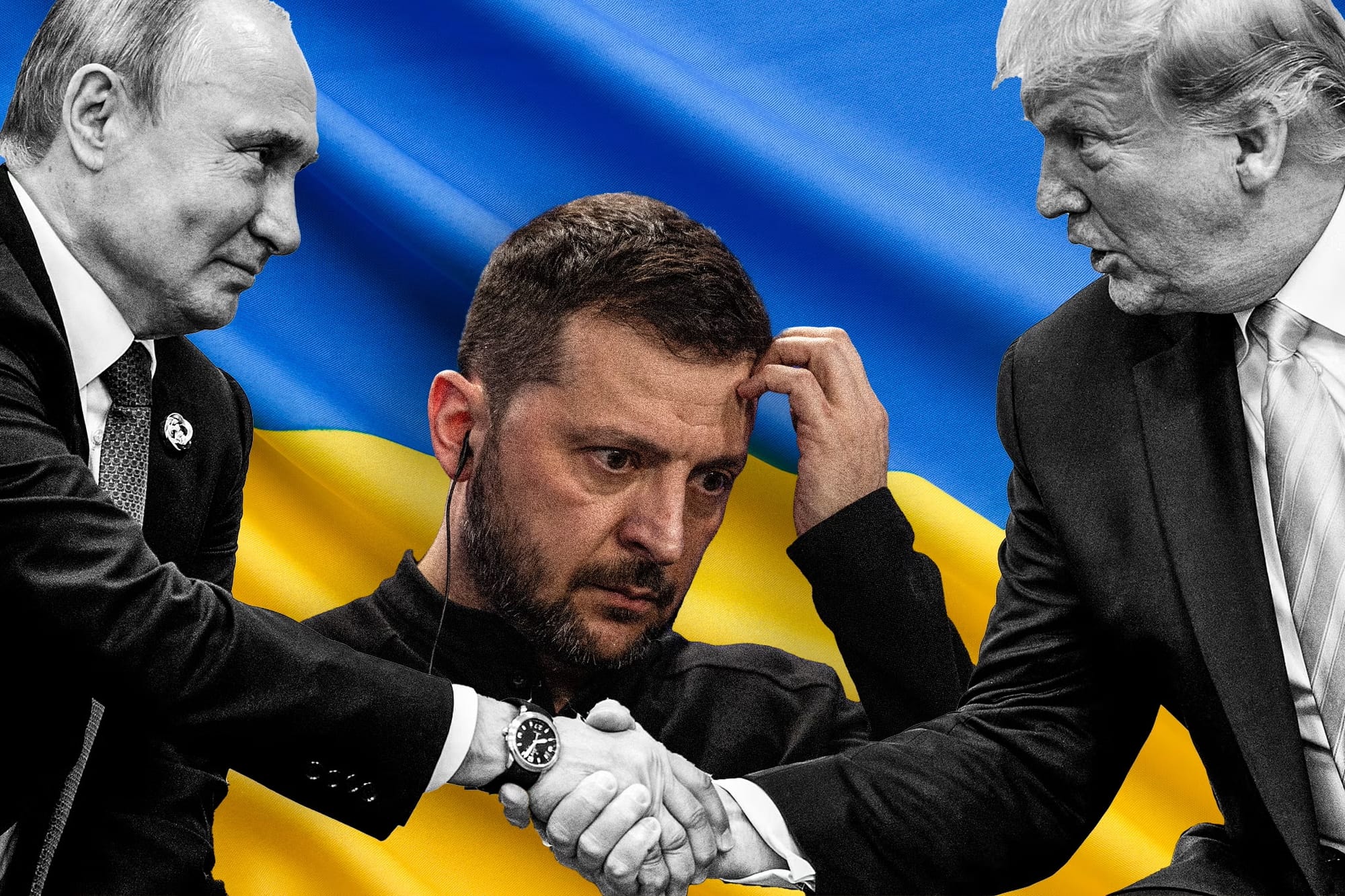


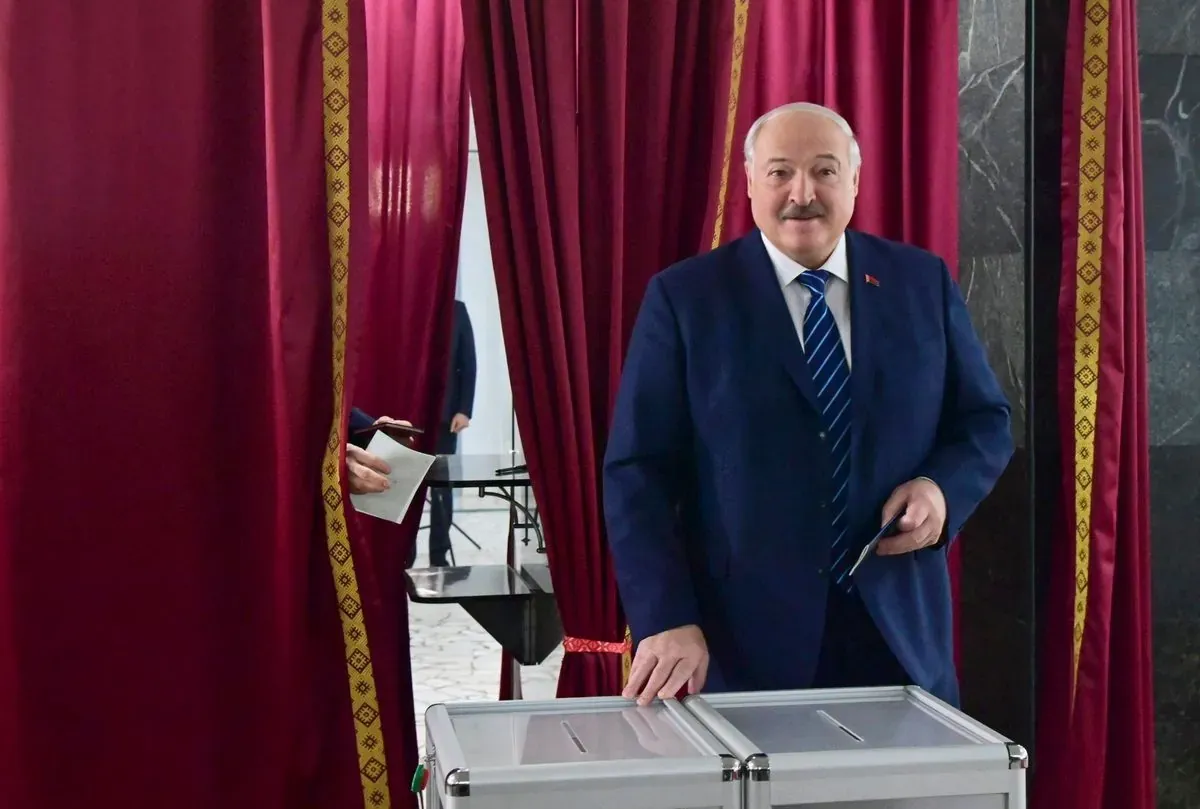
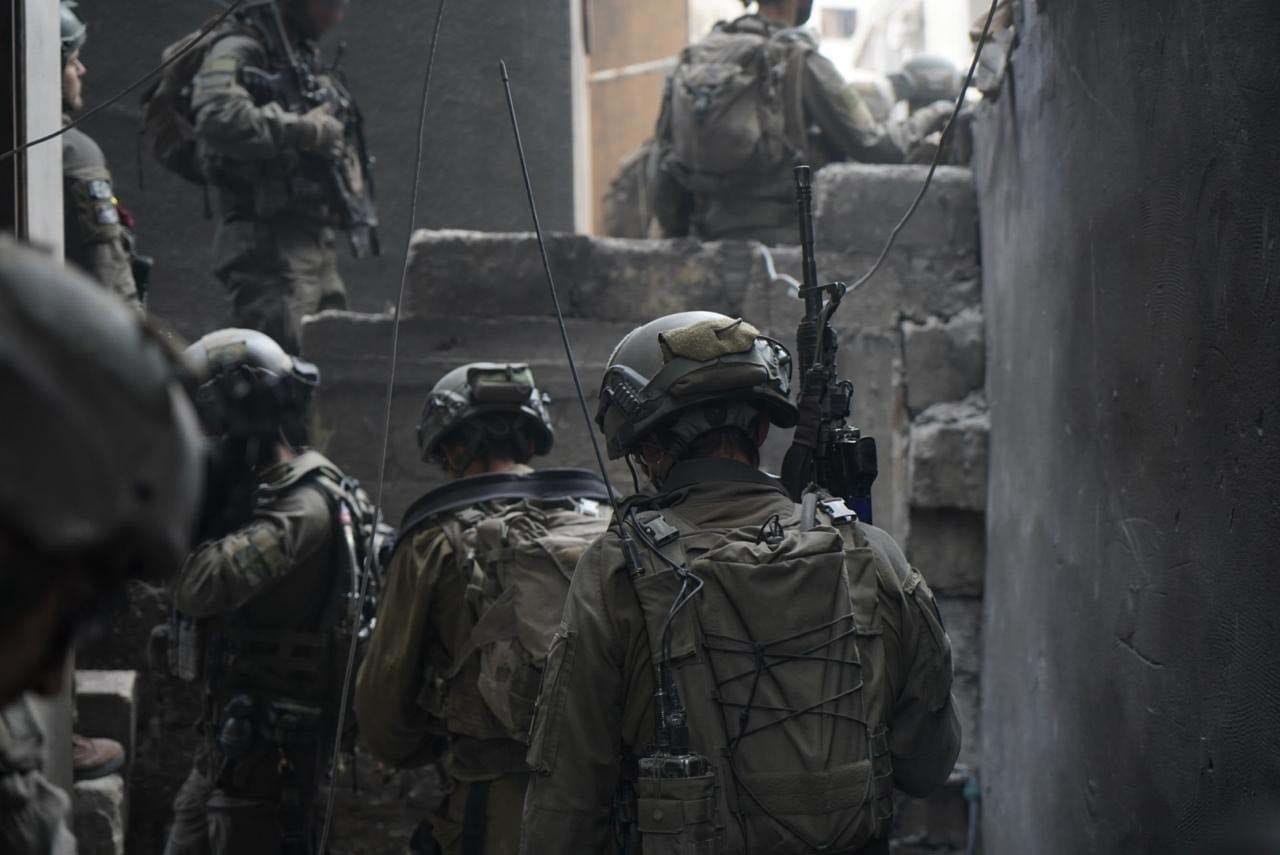


Discussion